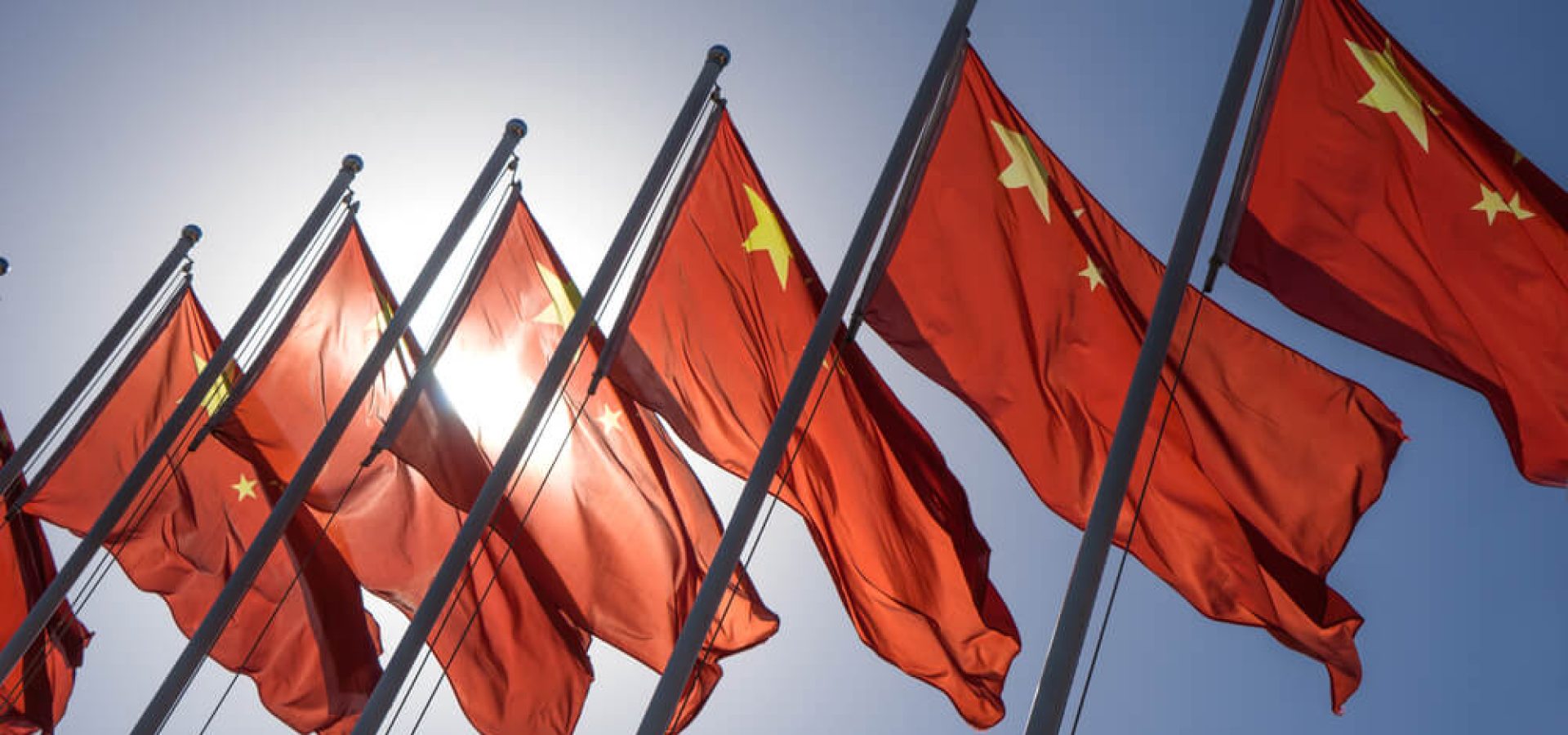The Chinese Communist Party controls wide swaths of the economy, including business. This fact once more underlines the importance of the party. It is worth mentioning that, Chinese government-owned companies are starting to default on their debts. This is a serious problem that could ripple through the country’s financial system, threatening to slam the brakes on the country’s economy as well as lurch the global recovery from the pandemic. State firms defaulted on a record 40 billion yuan ($6.1 billion) worth of bonds between January and October.
It is worth noting that, the situation deteriorated in recent weeks. As a reminder, a number of major companies, including BMW’s Chinese partner Brilliance Auto Group as well as top smartphone chipmaker Tsinghua Unigroup declared bankruptcy or defaulted on the loans in November.
Importantly, the close relationships between these companies and local governments typically make such companies safe bets in times of trouble. However, the situation may change in the future if authorities stop supporting companies without preconditions.
People should take into account that, the success of the state sector is critical to China’s financial system. Interestingly, such firms contribute less than a third of gross domestic product (GDP). However, they account for more than half of the bank loans offered in China and some 90% of the country’s bonds.
The Chinese government and the economy
Interestingly, the country’s government has been reluctant to let these companies fail. The party believes that the ties between the firms and the government are important for maintaining it. However, they appear to be willing to allow at least some companies to collapse. Nevertheless, too many defaults on loans as well as corporate bonds, have the potential to create problems for the financial system.
Moreover, if the government’s ability to manage the debt is called into question, the fallout could affect the financial market, reducing available credit and liquidity. It is already possible to spot some consequences. According to the statistics released by the People’s Bank of China, bond financing dropped sharply in November.
As a result, these problems could affect a fragile recovery. Based on the information provided by the International Monetary Fund, it expects China’s economy to grow 1.9% in 2020, better than other major economies. However, that would be the weakest annual rate of expansion in more than four decades. In this situation, the hardest part to find a balance as the government is unlikely to save all companies.











COMMENTS